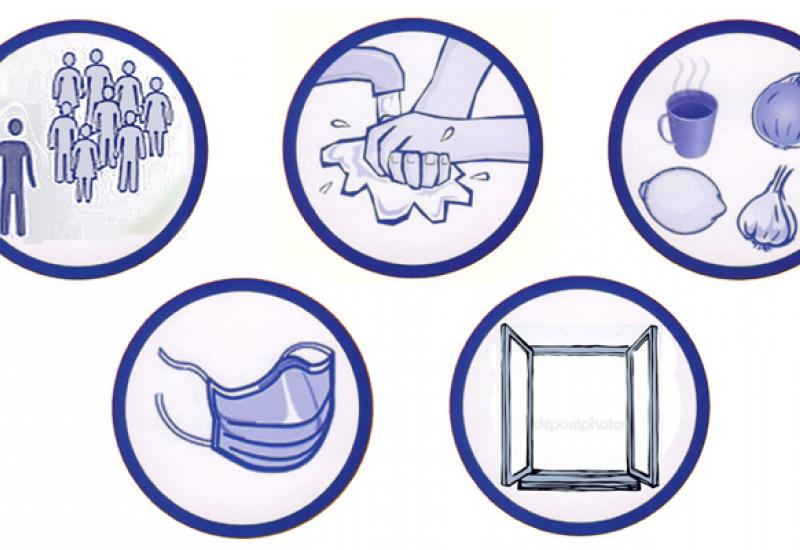Influenza (also known as flu) is a highly contagious virus disease that can lead to hard complications or death. The flu is more dangerous than any other acute respiratory viral infections (A.R.V.I.), but it has similar symptoms with them. It’s very easy to get infected with flu through airborne droplets. If a sick person coughs, sneezes or just talks, an infection area is two meter range.
If you have a high body temperature, a sore throat, a cough, a runny nose, a muscle ache, don’t leave the house. A symptomatic treatment at home given by a doctor can help to get well.
There’re symptoms that require an urgent hospitalization:
- paleness in the face and its pallor;
- difficulty in breathing;
- persistent fever;
- persistent vomiting and diarea;
- impairment of consciousness – excessive sleepiness or impulsion;
- chest pain;
- blood in the sputum;
- drop of blood pressure.
The delay of the hospitalization can lead to the death of patient.
It will be possible not to catch the flu, if you follow these pieces of advice:
- avoid crowds of people;
- if it is necessary, use a one-time masks in order to protect yourself and other people from the infection;
- air out an apartment regularly and do a moist mopping in it;
- keep a balanced diet, have a good night’s rest and avoid an overwork;
- keep your hands clean and wash it with soap or use an alcohol-based hand sanitizer;
- use only paper tissues and towels.
An annual vaccination is the most effective way to protect an organism from influenza viruses. The best time for doing a vaccination is September, when flu season is coming. If you haven’t had such a possibility, you can do it also during all flu season. Despite a popular myth it doesn’t weaken the ability of the body to resist the flu, but strengths it.
If you have the first signs of the flu, reach out to doctor for medical advice. Keep in mind a self-treatment can lead to unintended consequences.

